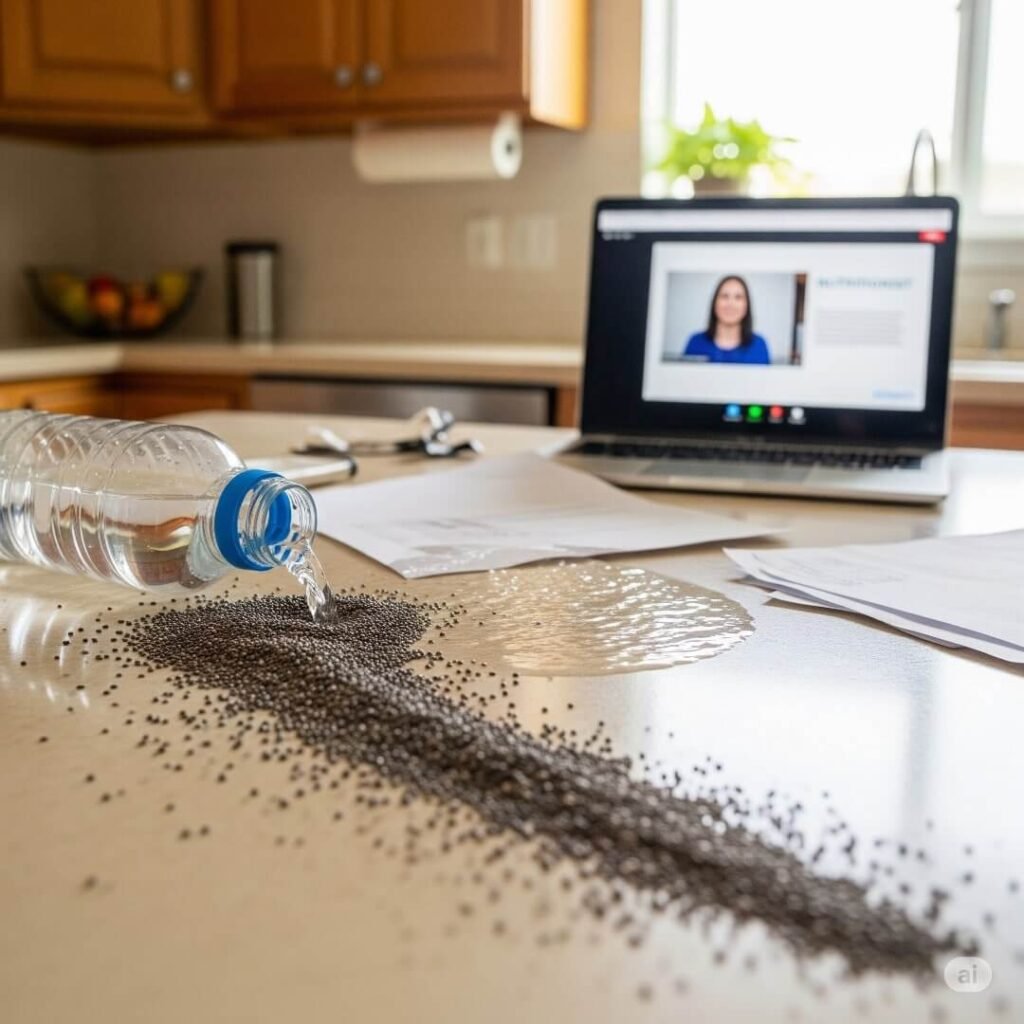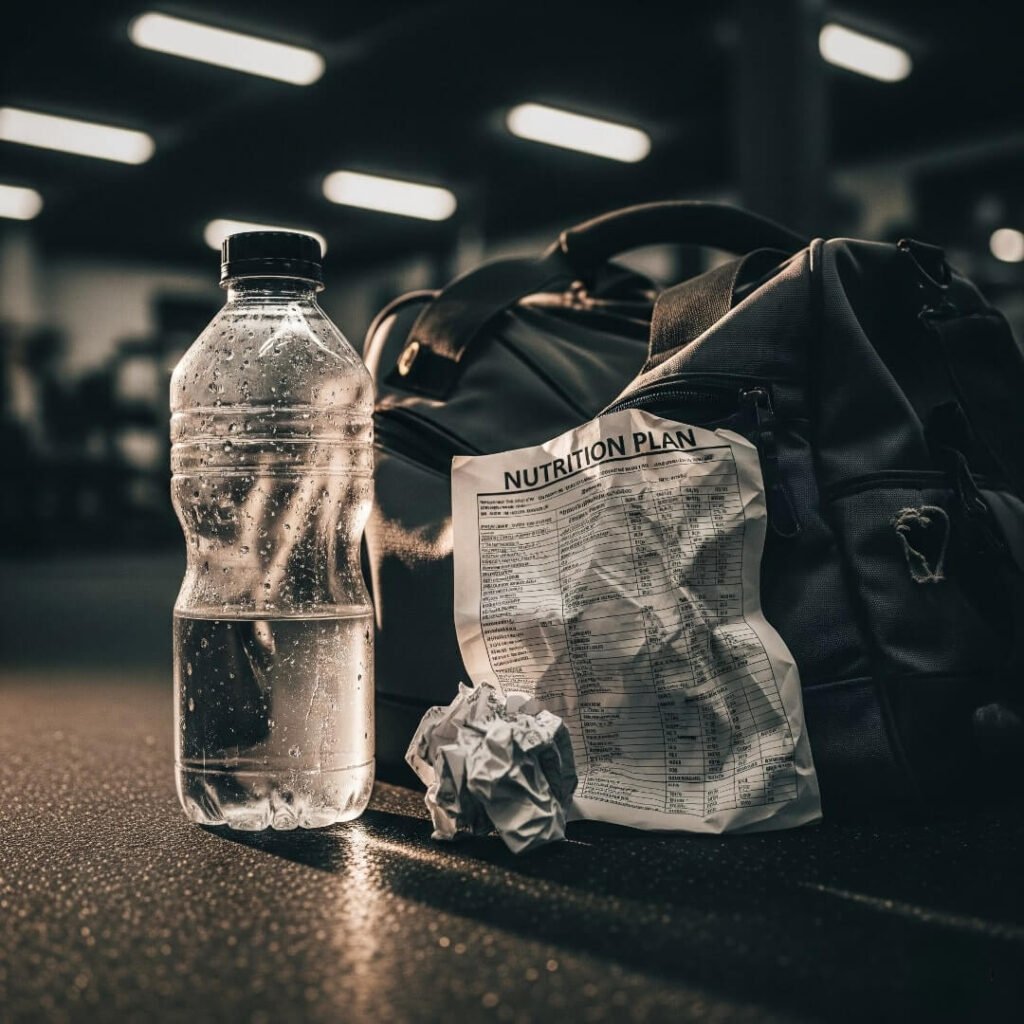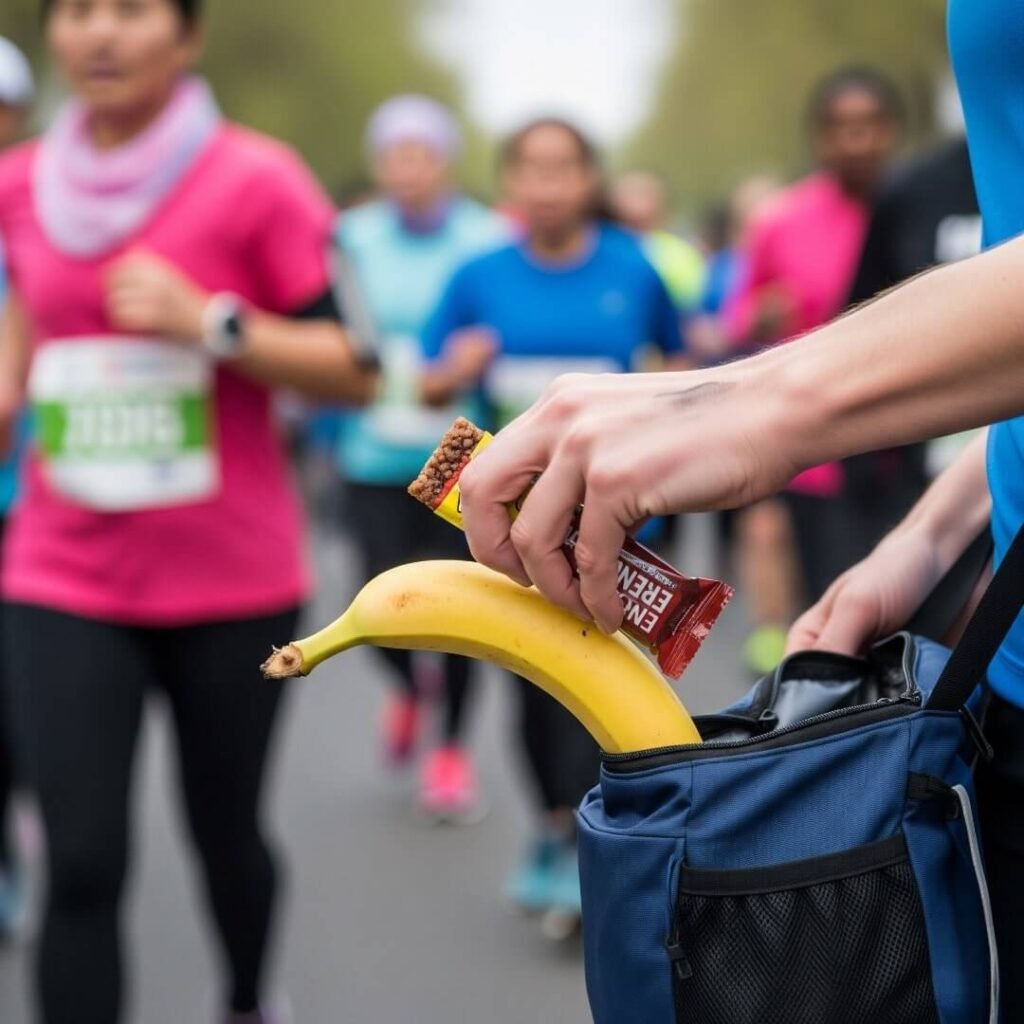Yo, nutritionists for athletes? They’re like the secret sauce I didn’t know I needed. I’m writing this from my couch in Philly, crumbs from a “healthy” granola bar on my shirt, staring at a kale smoothie that’s honestly more leaf than liquid Role of Nutritionists for Athletes. It’s 2025, and I’m still shocked I went from scarfing down gas station hot dogs before a run to weighing my sweet potatoes like I’m on some reality cooking show. Lemme tell you how I tripped into this whole athlete nutrition thing—it’s a bit of a mess, and I’m def not pretending I’m some fitness guru.
How I Stumbled Into Athlete Nutrition (And Kinda Hated It at First)
So, rewind to 2023. I’m training for a half-marathon, rocking these old sneakers with holes in ‘em, thinking I’m hot stuff ‘cause I downed a Monster Energy and a sketchy protein bar. Big mistake Role of Nutritionists for Athletes. Mile 9 hits, and my legs are like, “Peace out, bro.” I’m cramping, dizzy, and basically dragging myself to the finish line. My friend Jake—he’s one of those annoying marathon dudes who’s always smiling—goes, “You need a nutritionist, man.” I’m like, what? Nutritionists for athletes are for, like, Usain Bolt, not me, the guy who once tripped over his own shoelace in gym class.
But Jake’s persistent, so I book a session with this nutritionist, Lisa, who’s got this chill vibe like she could make you love spinach. I show up with my grocery list, which is basically ramen, frozen pizza, and those off-brand energy drinks that taste like regret. Lisa takes one look and says, “Oh, we’re starting from scratch, huh?” I’m half-offended, half-intrigued. Like, could a nutritionist for athletes actually make me less of a disaster on the track?

Why Nutritionists for Athletes Aren’t Just for Fancy Pros
Okay, real talk: I thought sports nutrition was for Olympians or those jacked CrossFit folks who probably eat kale for fun. But Lisa set me straight Role of Nutritionists for Athletes. Nutritionists for athletes are like your personal food coach—they figure out what your body needs to not fall apart during a workoutRole of Nutritionists for Athletes. In 2025, they’ve got apps and trackers that make it feel like you’re in a Marvel movie. Lisa had me log my meals for a week, and y’all, it was rough. Day one: bagel with way too much cream cheese, an energy drink, and… that’s it ‘til dinner, which was takeout tacos. Day two: I forgot lunch ‘cause I was arguing with my cousin on X about some dumb meme.
Lisa didn’t roast me (much), but she gave me this look like, “How are you even running?” She said athlete nutrition isn’t about being perfect—it’s about giving your body the right fuel. Like, you wouldn’t put dish soap in your car’s gas tank, right? Same deal with your bodyRole of Nutritionists for Athletes. Check out this Runner’s World piece for why hydration’s a big deal—I learned the hard way.
The Science Stuff (That I Barely Get But It’s Cool)
Lisa starts throwing around words like “macronutrients” and “glycogen,” and I’m just nodding like I’m not totally lost. Apparently, nutritionists for athletes are all about balancing carbs, protein, and fats. Carbs are your gas pedal, protein fixes your muscles, and fats keep you from crashing and burning. She gave me a breakdown: 50% carbs, 30% protein, 20% fats. I’m no math whiz, so I just eyeball my plate like, “This chicken’s probably 30%, yeah?”
She also got me into meal timing. Like, eating a banana and some oats before a run, not after when I’m basically a zombie. And hydration? Water’s great, but when you’re sweating like a Philly summer, you need electrolytes. I started using this powder in my water bottle, and it’s like my legs went from “meh” to “let’s go!”
My Epic Fails (And What They Taught Me)
I’ve screwed this up so many times, it’s almost funny. Like, one time I thought “carb-loading” meant eating a whole loaf of garlic bread before a 10K. Nope. I felt like a human dumpster fire the whole race. Lisa was like, “Carb-loading’s a science, not a buffe Role of Nutritionists for Athletest.” Nutritionists for athletes know how to make sure you don’t waddle to the start line. Another time, I skipped breakfast before a morning run ‘cause I “wasn’t hungry.” Yeah, I bonked so hard I swear I saw my neighbor’s cat cheering me on at mile 4. (I don’t even live near cats.)
Lisa didn’t just hand me a meal plan and bounce. She taught me to listen to my body. If I’m sore as hell, I need more protein. If I’m dragging during sprints, maybe I’m low on carbs. It’s like being a food detective, which is honestly kinda dope.

How Nutritionists for Athletes Make You Feel Like a Beast
By 2024, I was all in. I wasn’t just running faster—I was recovering quicker, sleeping better, and (don’t tell anyone) my skin was legit glowing. Lisa had me eating stuff I’d never heard of, like quinoa (still say it wrong, sue me) and chia seeds that look like frog eggs but somehow work Role of Nutritionists for Athletes. Meal prepping became my Sunday ritual—chopping veggies, grilling chicken, blasting my playlist like I’m in a Rocky montage. If you need ideas, Bon Appétit’s meal prep guide is clutch and doesn’t feel like a chore.
Nutritionists for athletes don’t just care about food, though. Lisa asked about my stress, my sleep, even how much coffee I was slamming (spoiler: way too much). She said stress can tank your performance as much as a bad diet. I cut back on late-night X scrolling, and suddenly my morning runs didn’t feel like a punishment.
Race Day Tips I Wish I’d Known Forever Ago
Race day is where performance diet stuff really pops off. Lisa gave me a game plan:
- Two hours before: Light snack, like peanut butter toast and a banana.
- During the race: Sip electrolytes or pop an energy gel for long runs.
- After: Chug a protein shake within 30 minutes to recover like a champ.

Why 2025 Is The Year for Athlete Nutrition
You don’t need a nutritionist to hit the gym or jog a 5K, but in 2025, why not? Apps like MyFitnessPal make tracking a breeze, and nutritionists for athletes are everywhere now—some even do Zoom calls. I’m not some elite runner (unless you count sprinting to the fridge), but Lisa made me feel like I could beRole of Nutritionists for Athletes. My times are better, my energy’s up, and I don’t crash at 2 p.m. anymore.
If you’re thinking about it, just try one session. You might be like me, thinking you’re fine with your protein bars and vibes, only to realize you’re basically running on fumes. Nutritionists for athletes aren’t just for pros—they’re for anyone who wants to feel like they can conquer the world (or at least a 10K).
outbound link :
































